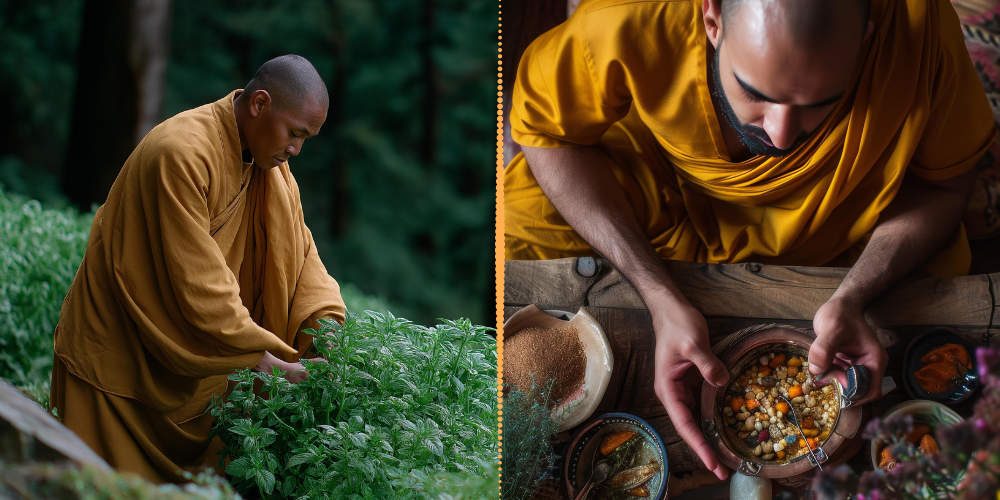
20 Wild Plants Monks Use to Forage for Survival
Ever wonder why monks could meditate for hours without their minds wandering, trek through snow-covered mountains without getting sick, and live to remarkable ages… all without a single prescription bottle in sight?
Here’s the plot twist: they weren’t superhuman. They were just really, really good at reading nature’s medicine cabinet.
While the rest of the world was scrambling for scarce resources, monks were quietly building the world’s first wellness routines using nothing but the “weeds” growing outside their monastery walls. That fuzzy mushroom on a tree trunk? Immune system booster. That bitter root by the stream? Stress-melting adaptogen. That scraggly lichen hanging from branches? Natural antibiotic.
The best part? Modern science is finally catching up, and researchers are scratching their heads wondering how these ancient foragers figured it all out without lab coats and microscopes.
Ready to discover what they knew? These 20 plants aren’t just historical footnotes—they’re practical allies you can use today, whether you’re dealing with stress, seeking better sleep, or just curious about what nature has been offering all along.
Herbs for Your Mind and Spirit
Lemon Balm (Melissa officinalis)
This gentle herb contains flavonoids that act as mild sedatives. The U.S. Department of Veterans Affairs notes that doses of 300 mg twice daily for 15 days relieved insomnia and anxiety. Another study found 1,200 mg daily decreased stress and tension. Whether you’re preparing for restful sleep or seeking daytime calm, lemon balm offers the soothing effects monks valued for meditation.
Looking for a potent lemon balm tincture that actually works? Get this premium extract here – it’s the one I keep in my own cabinet.
Ashwagandha (Withania somnifera)
Feeling overwhelmed? The National Institutes of Health reports that a 2021 systematic review of seven randomized trials found ashwagandha supplementation (500-600 mg/day) significantly reduced stress, anxiety, sleeplessness, and cortisol compared with placebo. Its adaptogenic effects help you maintain calm during life’s challenging moments—just as it helped monks cope with isolation and mental strain.
When stress starts affecting your sleep, your digestion, and your peace of mind, you need more than just one herb. This Ashwagandha & Lemon Balm blend combines two powerful adaptogens specifically formulated for stress and anxiety relief. Click here to see why it’s so effective.
German Chamomile (Matricaria chamomilla)
You’ve probably sipped chamomile tea, but did you know research backs its benefits? A VA summary reports that 200 mg extract taken for 28 days improved sleep quality in older adults, while doses of 220-1,100 mg/day for eight weeks significantly decreased generalized anxiety. These sedative effects support the deep rest you need after demanding days.
Valerian (Valeriana officinalis)
Multiple studies indicate that 400-900 mg of valerian extract taken two hours before bedtime improves insomnia symptoms. Its gentle sedative properties promote deep sleep without next-day grogginess—perfect for those nights when your mind won’t stop racing.
Hops (Humulus lupulus)
Beyond brewing, hops contain compounds like humulone that interact with melatonin receptors. Research shows that combining hops with valerian improved sleep latency compared with placebo after 28 days. This synergy helps you adapt your sleep cycle naturally.
Here’s the truth: when these three herbs work together, they create something close to nature’s sedative – without the morning fog. If you’ve been tossing and turning, watching the clock tick past midnight, or waking up exhausted, this synergistic sleep blend might be exactly what your nights have been missing.
The Mighty Mushrooms
Reishi Mushroom (Ganoderma lucidum)
Known as “lingzhi” in China, reishi has been treasured for over 2,000 years. Modern research shows its polysaccharides and triterpenoids modulate your immune system, provide antioxidant effects, and may protect your liver. Traditional texts describe it as a tonic for vitality, memory, and respiratory health. Studies highlight its ability to control blood glucose, modulate immunity, and act as a bacteriostatic agent. Imagine having this natural defender in your corner during cold season.
Can’t forage reishi in your area? No problem. This organic, dual-extracted tincture brings the monastery to you.
Lion’s Mane Mushroom (Hericium erinaceus)
If you’ve ever walked into a room and forgotten why, you’ll appreciate Lion’s Mane. This remarkable fungus contains hericenones and erinacines that may stimulate nerve growth factor (NGF). Preclinical studies show reductions in inflammation and amyloid plaques, plus increases in NGF release. Small clinical studies revealed improved performance on cognitive tests after four months. Monks prized Lion’s Mane for sharpening concentration during long meditation sessions—benefits you can use whether you’re studying, working, or simply want to stay mentally sharp.
Here’s something most people don’t know: supplements sitting on warehouse shelves lose potency fast. This Lion’s Mane tincture is made fresh in small batches, and honestly? You’ll feel the difference from the first dose. That’s the kind of quality that actually works.
Turkey Tail Mushroom (Trametes versicolor)
In traditional Chinese medicine, turkey tail supports respiratory health. The National Cancer Institute reports that PSK (polysaccharide-K) from turkey tail is an approved adjuvant cancer therapy in Japan with immunomodulatory effects and a strong safety record. Its ability to bolster immune responses makes it a valuable ally when you need your body’s defenses at their best.
Think about this: turkey tail is so powerful it’s literally used in cancer therapy in Japan. And you can get this organic Turkey Tail Tincture for less than your weekly coffee run. Grab it while it’s in stock – quality like this doesn’t last long.
Cordyceps Mushroom (Cordyceps militaris)
This unique mushroom grows in high-altitude regions where monks often established their monasteries. A 2022 pharmacological review notes Cordyceps has been used historically for respiratory disorders, fatigue, and heart health. Research finds that Cordyceps extracts increase interferon and interleukin-2 secretion, enhance natural killer cell activity, and show no observed side-effects. If you’re feeling run down or facing a demanding schedule, cordyceps offers the energy support monks relied on during prolonged fasting and cold seasons.
My morning ritual? A few drops of this cordyceps tincture in my coffee. It’s the difference between dragging through your day and actually having sustained energy. Try it – you’ll get it.
These four mushrooms: Turkey Tail, Reishi, Lion’s Mane, and Cordyceps, represent thousands of years of human wisdom now validated by rigorous scientific research. They’re not magic bullets, but they’re something potentially better: sustainable, natural support that works with your body instead of against it.
Now, I know what you’re thinking: “Getting all four mushrooms sounds expensive.” Here’s the thing: I thought the same way until I discovered something incredible. There’s actually a complete bundle that includes all four premium tinctures at a fraction of what you’d pay buying them individually.
We’re talking about the same dual-extracted, fruiting body tinctures I mentioned throughout this article, but packaged together for people who understand that true wellness requires a comprehensive approach. Each bottle maintains the same rigorous quality standards, organic, lab-tested, and potency-guaranteed.
What I love most is that you can bookmark this source and know you’ll always have access to genuine, therapeutic-grade mushroom tinctures whenever you need them. No hunting around, no quality guesswork, just consistent excellence delivered right to your door.
If you’re ready to give your body the complete mushroom support it deserves, you can check out this comprehensive bundle here.
Powerful Protectors 
Chinese Skullcap (Scutellaria baicalensis)
Chinese skullcap roots contain baicalein and baicalin, which research shows exhibit anti-oxidation, antipyretic, analgesic, anti-inflammatory, antimicrobial, immunomodulatory, and antitumor effects. These compounds act as natural fever reducers, pain relievers, and infection fighters.
Japanese Knotweed (Polygonum cuspidatum)
This plant is rich in resveratrol and contains polyphenols and flavonoids with antioxidant, anti-inflammatory, antiviral, anticancer, and antibacterial properties. Lab studies show resveratrol and its glucosides inhibit inflammatory mediators and may have antiviral effects. It’s nature’s multi-purpose defender.
Elderberry (Sambucus nigra)
The National Center for Complementary and Integrative Health notes preliminary research suggests elderberry may relieve symptoms of influenza or upper respiratory infections. Properly prepared elderberry provides vitamin C and potential antiviral effects—your natural support during cold and flu season. (Note: raw or unripe berries contain compounds that can cause nausea, so always use properly prepared extracts.)
Fair warning: elderberries have poisonous look-alikes like pokeweed berries – one wrong pick and you’re in trouble. That’s why most herbalists skip the foraging risk and stock up on properly prepared elderberry tincture before winter hits. Don’t wait until everyone’s sick and supplies run out.
Slippery Elm (Ulmus rubra)
The inner bark’s mucilage soothes your digestive tract beautifully. Memorial Sloan Kettering Cancer Center reports it’s been used for gastrointestinal disorders, sore throat, cough, and skin ulcers. A clinical study found it improved bowel habits and constipation-predominant irritable bowel syndrome. The mucilage coats mucous membranes, reducing irritation—relief when you need it most.
Plantain (Plantago major)
These common leaves (not the banana) are demulcent powerhouses. Research shows plantain improved chronic bronchitis symptoms in two Bulgarian trials. It’s also applied topically for wounds, burns, insect bites, and dermatitis, and Germany’s Commission E approves it for skin inflammation. Talk about a versatile survival plant.
Here’s a hard truth: if your gut isn’t absorbing nutrients properly, everything else you take is just expensive waste. Slippery elm and plantain are the foundation herbs for gut healing – they coat, soothe, and restore. This gut-supporting blend combines them perfectly. Make it yourself if you’ve got the time, or grab this one and start healing today.
Heart, Metabolism, and Vitality
Hawthorn (Crataegus monogyna)
Hawthorn berries and leaves support cardiovascular health. Research shows hawthorn can lower blood pressure and triglycerides while improving circulation. Monks consumed hawthorn teas to maintain heart resilience during fasting and physical exertion.
Fenugreek (Trigonella foenum-graecum)
These fiber-rich seeds help regulate blood sugar and inflammation while supporting metabolic health. They’re valuable both for their medicinal properties and as a nutrient source.
Bilberry (Vaccinium myrtillus)
These wild relatives of blueberries are rich in antioxidants and have been studied for visual acuity and cardiovascular benefits. Their vitamin C and anthocyanins offer protection against oxidative stress—supporting your eyes and overall health.
Your heart beats 100,000 times a day. Every. Single. Day. It deserves more than hope and crossed fingers. This heart-supporting blend combines hawthorn, fenugreek, and bilberry – three herbs that have kept hearts strong for centuries. Because the organ keeping you alive deserves that level of care.
Respiratory and Immune Support
Lungwort Lichen (Lobaria pulmonaria)
This lichen’s lung-like appearance mirrors its traditional use for respiratory health. Its demulcent and expectorant properties help clear mucus and support comfortable breathing.
Winter means mucus, coughing, and that heavy feeling in your chest – whether you’re a smoker or just dealing with seasonal crud. Lungwort lichen has been clearing lungs for centuries. Get some before the cold really settles in.
Usnea (Usnea barbata)
Called “old man’s beard,” this lichen is rich in usnic acid known for antibacterial effects. Traditionally used as a natural antibiotic, usnea has long supported wound care and respiratory health.
Usnea is incredible against fungi and throat infections, but here’s the thing – you need a way to get it where it needs to go without touching. That’s where a spray comes in. When I feel that scratchy throat coming on, I spray this usnea tincture in a spray bottle deep, wait 30 minutes without water, and let it work its magic. It’s saved me from so many full-blown infections.
Yarrow (Achillea millefolium)
Named for Greek hero Achilles, yarrow was used to stop bleeding on ancient battlefields. Its flavonoids and alkaloids constrict blood vessels and reduce inflammation—valuable for wound care and managing fever.
No yarrow growing near you? Grab this ready-made tincture and keep it in your first aid kit. You’ll thank yourself the next time someone gets a cut or scrape.
Your Connection to Ancient Wisdom
What’s beautiful about these plants is they’re not just historical curiosities. They represent a living tradition of working with nature to support your wellbeing. The same herbs that sustained monks through harsh winters, long fasts, and physical challenges can help you navigate modern stressors, support your immune system, and maintain vitality.
You don’t need to forage in remote mountains (though you certainly could). Many of these plants are available as quality extracts and tinctures, allowing you to benefit from centuries of wisdom combined with modern preparation methods that ensure safety and potency.
The monks understood something profound: nature provides what you need to thrive. By reconnecting with these traditional remedies, you’re not just supporting your health, you’re becoming part of a timeless tradition of natural healing that has served humanity for millennia.
You’ve just discovered 20 powerful plants monks used to thrive. But here’s the truth: herbs alone aren’t the whole picture.
The monks didn’t just pop remedies and hope for the best. They understood something modern medicine often misses – true restorative power requires a holistic approach. The right herbs, yes, but also the foods that support them, the practices that amplify their effects, and the lifestyle changes that put your body into an actual healing state.
Dr. Nicole Apelian learned this the hard way. Diagnosed with “incurable” Multiple Sclerosis at 29, she tried every medication available. Nothing worked. She only got sicker.
Then she took the holistic path – combining powerful herbs like the mushrooms and adaptogens you just read about with targeted nutrition, stress management, detoxification, and specific daily practices. The result? She reversed her MS and went on to survive 57 days on History Channel’s Alone.
Now she’s compiled everything into complete protocols for 45 common conditions: Type 2 Diabetes • Heart Disease • Autoimmunity • Anxiety • Thyroid Issues • Chronic Pain • Sleep Disorders • Brain Health… and more.
Each protocol in The Holistic Guide to Wellness shows you exactly what to do morning to evening, every day of the week. Which herbs to combine. What foods heal (and which common ones trigger inflammation). The practices that support your body’s natural repair mechanisms.
Plus 2 FREE bonuses:
- Anti-Inflammatory Meal Plans
- How to Make 56 Herbal Remedies at Home
Just $37. 60-day money-back guarantee (keep the book even if you want a refund). Only 250 copies printed.
Reserve your copy here before they’re gone
The monks knew: nature provides everything you need to thrive. This book shows you exactly how.

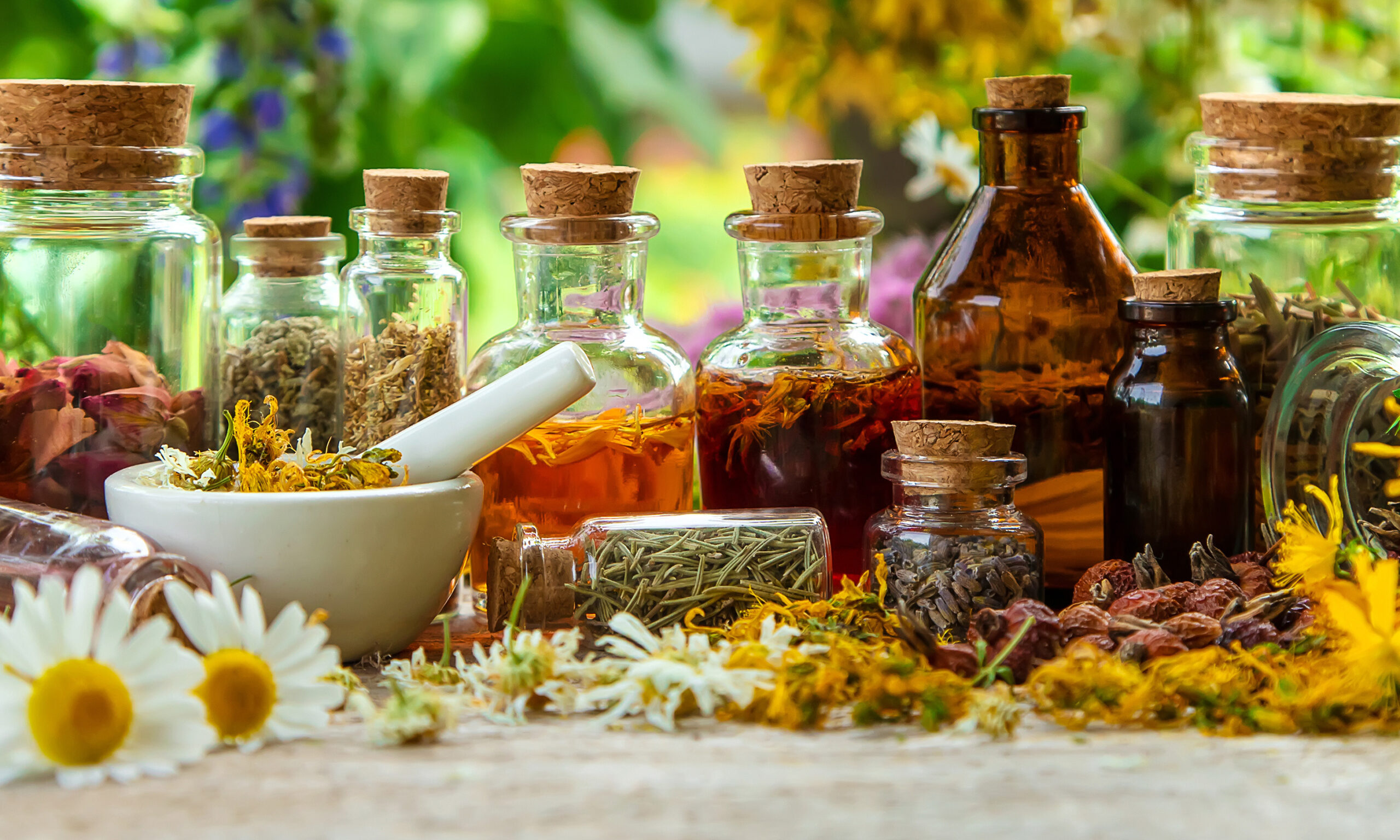
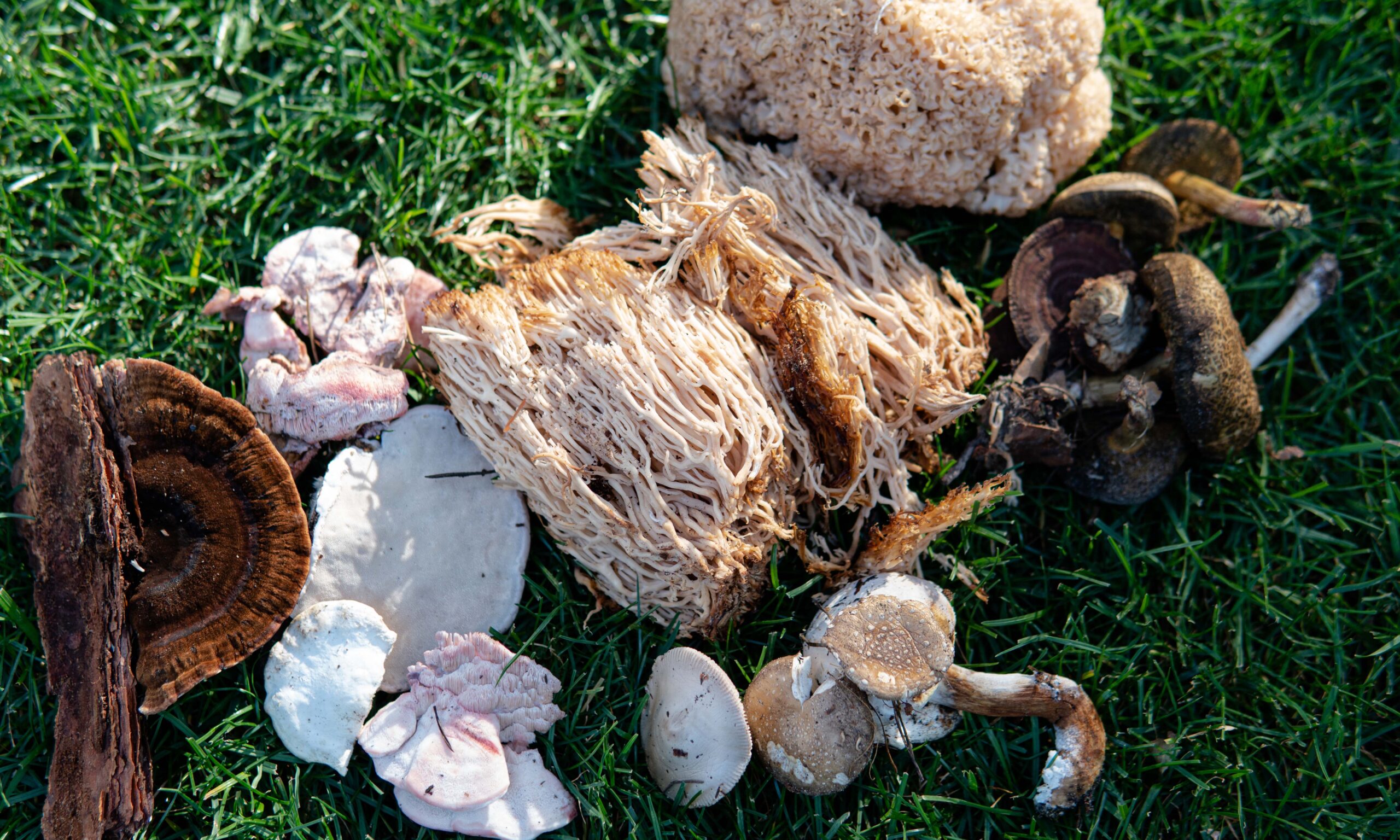
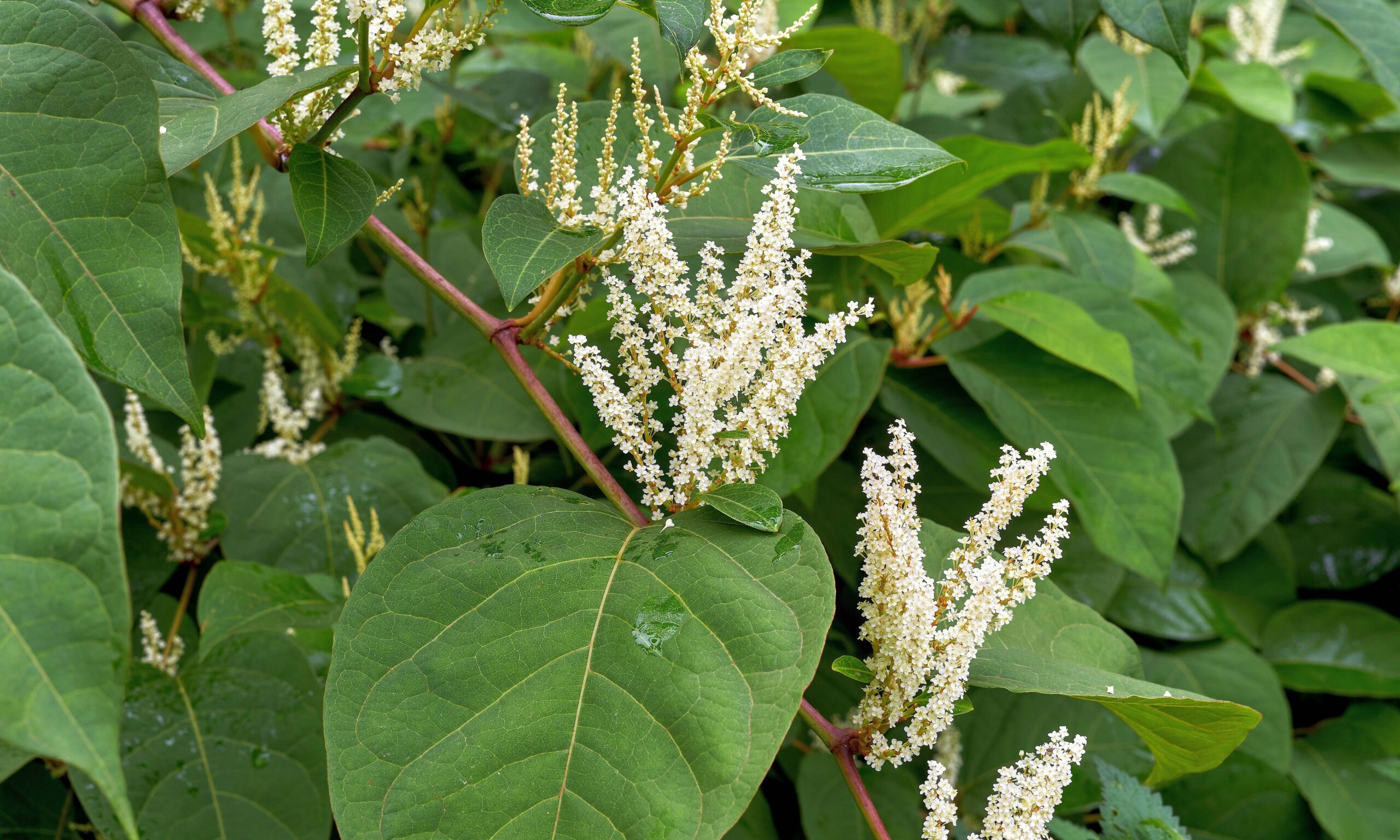



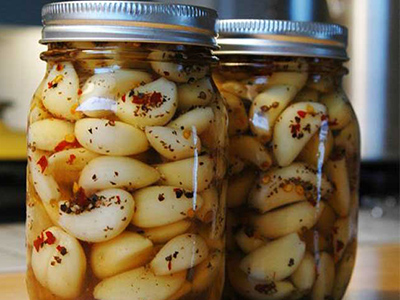
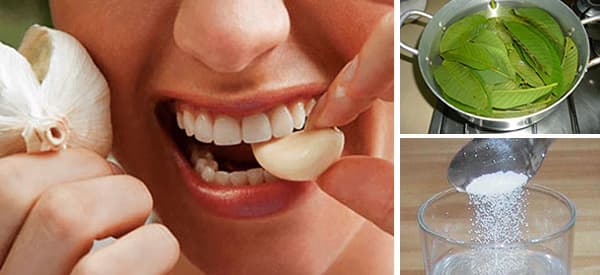
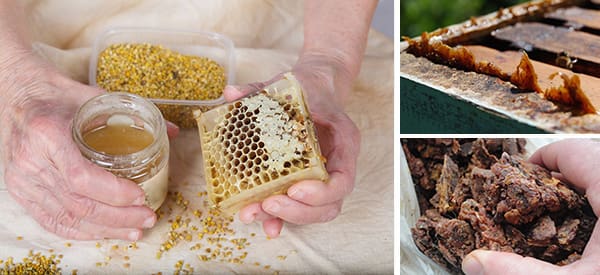
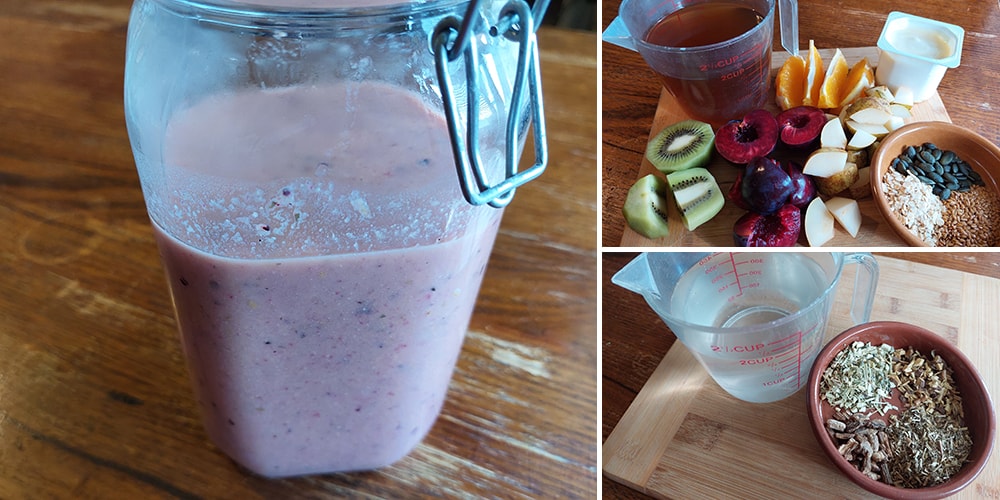
Intellectual platform